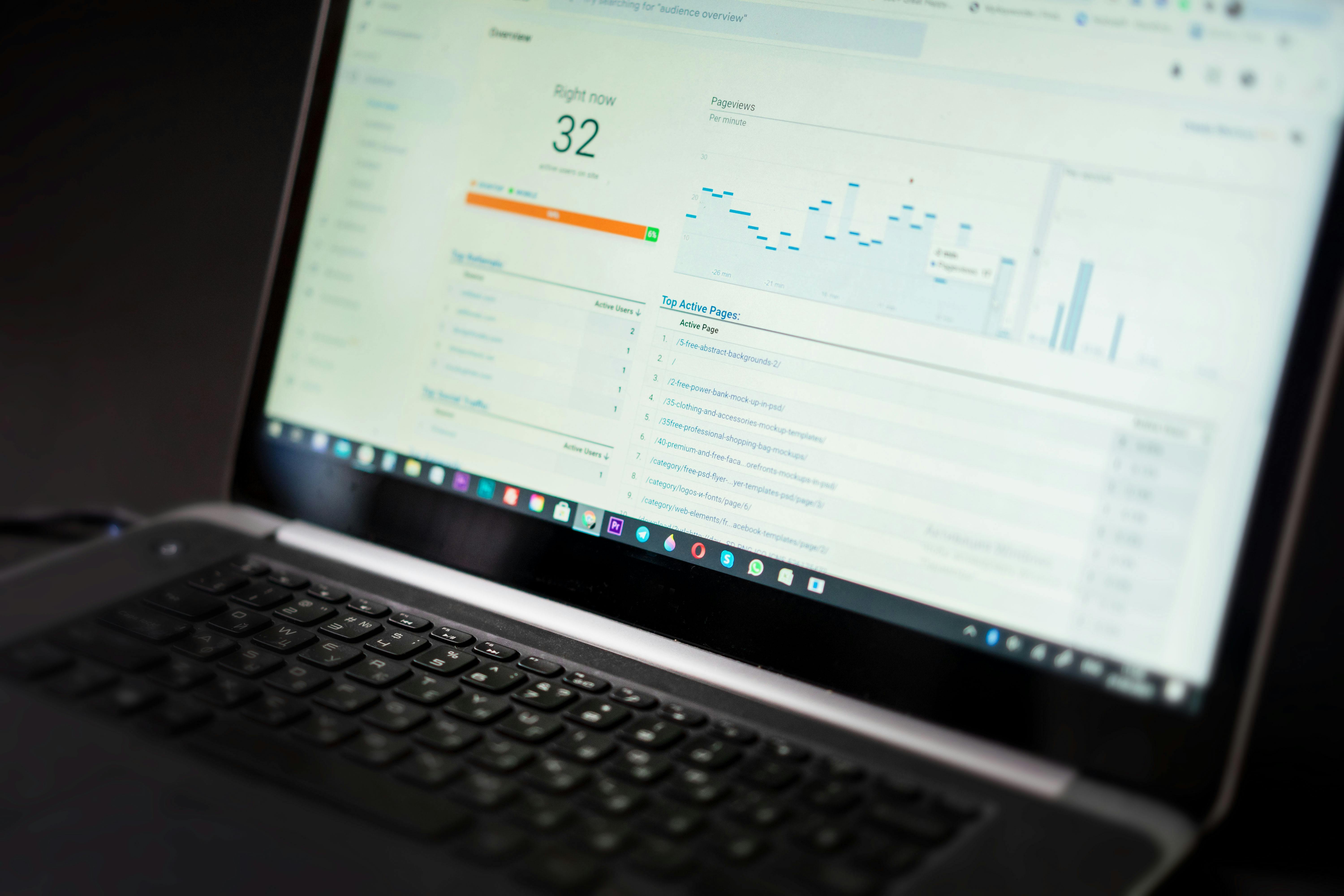
Unlock Sales Success: Automating Lead Scoring for Higher Conversion Rates
Nov 16, 2024
Automating lead scoring is a powerful way to optimize your sales strategy. Managing a growing list of leads can be overwhelming, but with an automated system, you can identify high-potential prospects with ease. By leveraging technology like machine learning and CRM tools, automated lead scoring saves time and boosts conversion rates.
Picture a system that evaluates leads based on behavior and engagement, giving you actionable insights into who’s ready to buy. This not only streamlines your workflow but also empowers your team to focus on leads that truly matter. Let’s explore how automating lead scoring can transform your approach to lead management and drive your business forward.
Benefits of Automating Lead Scoring
Automating lead scoring provides significant advantages in today’s competitive business world. It not only boosts efficiency but also enhances the accuracy and effectiveness of your sales strategies.
Increased Efficiency
Automating leads saves time for sales and marketing teams. Automated systems eliminate manual evaluations, allowing teams to concentrate on high-quality leads. By identifying and prioritizing leads automatically, your sales process becomes more streamlined. So, this reduction of time spent on unqualified prospects boosts overall sales efficiency. Leaner sales teams effectively manage their responsibilities, enhancing productivity while lowering customer acquisition costs.
Improved Accuracy

Automated lead scoring enhances precision in evaluating and ranking leads. These systems assess various data points, including engagement and behavior, providing deeper insights into lead quality. This data-driven approach minimizes human error and biases, ensuring your team focuses on the most promising prospects. With improved accuracy in lead evaluation, conversion rates increase as your outreach targets individuals more likely to engage and convert.
Enhanced Sales Strategies
Integrating automated lead scoring allows you to refine your sales strategies. Access to detailed data enables you to customize outreach efforts based on lead profiles and behaviors. This targeted approach not only increases the relevance of your messaging but also strengthens the relationship with potential customers.
By leveraging insights gained through automation, you enhance your team’s overall effectiveness and adaptability, positioning your business for growth in a rapidly evolving marketplace.
Key Technologies for Automating Lead Scoring
Key technologies play a pivotal role in automating lead scoring, empowering businesses to prioritize their outreach efforts effectively.
Machine Learning Algorithms
Machine learning algorithms drive the automation of lead scoring, enhancing the ability to assess and rank leads. Supervised learning algorithms, including random forest, decision trees, and logistic regression, excel at estimating the likelihood of leads converting into paying clients.
These algorithms analyze extensive historical data, identifying patterns that inform predictions about future lead behaviors. AI-powered lead scoring models not only use existing data but also engage in continuous learning.
As they receive new data inputs, these models refine forecasts and improve accuracy over time, adapting to evolving market conditions and client behaviors.
CRM Integrations
Seamless integration of Customer Relationship Management (CRM) systems is crucial for effective lead scoring automation. Integrations help with real-time synchronization of lead data, ensuring that your scoring algorithms operate with the most current information.
This connection enables targeted segmentation of leads, driving personalized outreach strategies. By merging insights from CRM systems with machine learning models, businesses can achieve a comprehensive view of lead interactions, promoting well-informed choice-making.
Effective CRM integrations significantly enhance the automation process, streamlining workflows and maximizing the potential for converting leads into customers.
Best Practices for Implementing Automated Lead Scoring
Automating lead scoring requires thoughtful implementation of best practices to ensure success. These practices enhance evaluation accuracy and improve conversion potential.
Defining Key Metrics

Defining key metrics is essential in automated lead scoring. Focus on both explicit and implicit metrics. Explicit metrics derive from demographic data like job title, industry, and company size. Implicit metrics include behaviors such as website visits, email engagement, and content downloads.
Assign point values to these attributes based on how they correlate with conversion rates in your historical data. For instance, a lead from a target industry might receive a score of 10 points, while multiple website visits could add an additional 5 points. These metrics form the backbone of your scoring system, enabling accurate prioritization of high-quality leads.
Continuous Monitoring and Adjustment
Continuous monitoring and adjustment sustain the effectiveness of your automated lead scoring system. Use analytics to track the performance of your lead scores regularly. Reassess metrics and scoring criteria based on evolving business objectives and market trends.
Engage your sales and marketing teams for feedback on lead quality; their insights will inform timely adjustments. Implementing A/B testing on different scoring configurations will help refine your approach.
For example, if a new demographic shows promise, adjusting the scoring system to reflect this can drive improved results. Tools and strategies from agencies like Crumb can further enhance this process, ensuring your scoring aligns with targeted campaigns and long-term SEO strategies to capture high-value leads. This proactive method ensures your scoring system remains relevant and aligned with your overall sales strategies.
Conclusion
Automating lead scoring is a game-changer for businesses looking to thrive in a competitive world. By leveraging technology to evaluate leads efficiently and accurately, you can focus your resources on the prospects that matter most. This not only boosts your conversion rates but also enhances your overall sales strategy.
With machine learning and seamless CRM integration, you can continuously refine your approach and adapt to changing market dynamics. Embracing these best practices ensures your lead scoring system remains effective and aligned with your goals. Eventually, investing in automation empowers you to build stronger relationships with potential customers and drive sustainable growth for your business.
Testimonials
What our clients say about us
"CRUMB revolutionized our business! Their innovative SEO strategies and approach led to remarkable online expansion."
John Adams
Marketing Director
"CRUMB was a game-changer for us! Their strategic SEO solutions and approach sparked substantial online progress.""
Michael Peterson
Founder - SaaS
"CRUMB elevated our business! Their tailored SEO strategies and approach propelled significant online advancement."
Jen Archibal
Founder & CEO
"CRUMB reshaped our business! Their proactive SEO strategies and approach fueled substantial online development."
Alex James
Head of Growth - SaaS
Book a call
